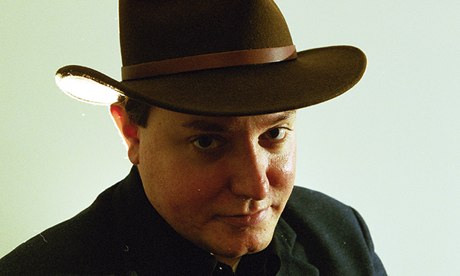
Wigmore Hall marked the beginning of Julian Anderson's appointment as its composer-in-residence with a day devoted to his music and that of contemporary composers he admires. One piece, Another Prayer, was announced as a world premiere, though its solo violin version, vividly articulated as the opening item of the evening event by András Keller, is partly based on material from the work's original form for viola, which Paul Silverthorne had attacked with equal ardour at the beginning of the afternoon programme. Anderson's admission that he regards prayer as "urgent, potentially forceful and often lively" activity was mirrored in the sequence of bold gestures that characterised both.
Each version, too, highlighted qualities that run throughout Anderson's works in whatever medium: its keen technical address, and content that draws some of its character directly from the means at his disposal. Whether in the sensuous nocturne The Colour of Pomegranates, delivered with lyrical warmth by flautist Adam Walker and pianist Cédric Tiberghien, or in the garish yet involving The Bearded Lady, in which Tiberghien shared the platform with clarinettist Mark Simpson, the impact of specific properties of the instruments themselves played a significant part in the distinctiveness of his writing.
Conductor Nicholas Collon and the Aurora Orchestra took the lead in the second programme, which included works by Hans Abrahamsen and Salvatore Sciarrino that exemplified Anderson's inclusive musical interests, as works by George Benjamin, Oliver Knussen and the late Gérard Grisey did in the first. But it was the sheer immediacy of Anderson's ensemble piece Tiramisu, and the almost strident punchiness of his substantial dance score The Comedy of Change, that augured most positively for his opera Thebans, which the English National Opera will premiere next May.
• Did you catch this gig – or any other recently? Tell us about it using #Iwasthere

